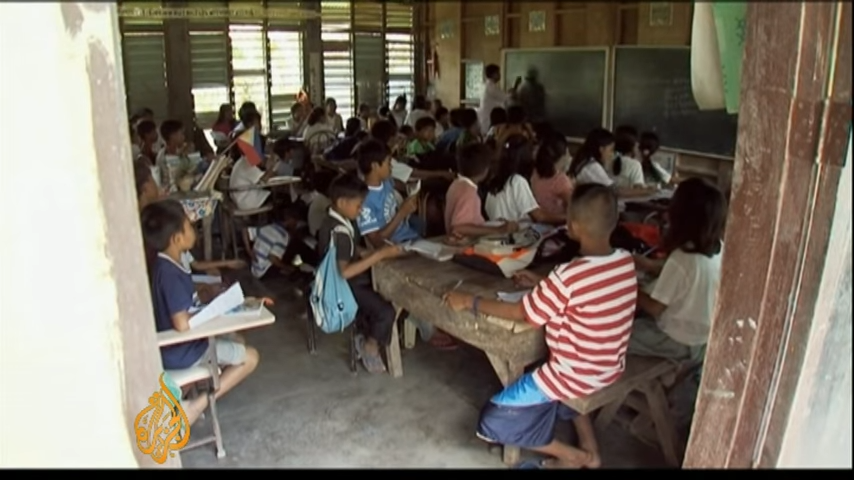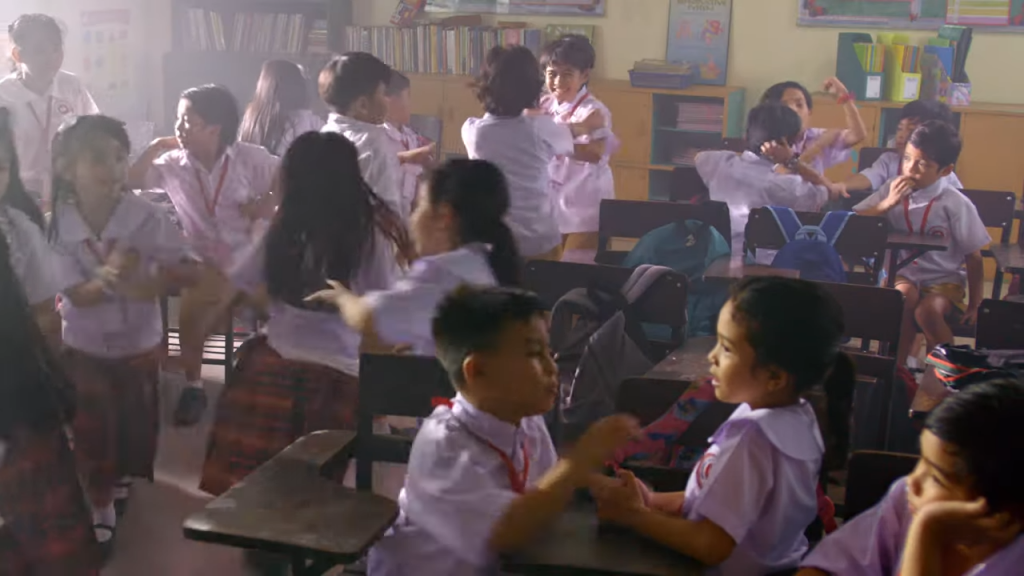Physical Address
304 North Cardinal St.
Dorchester Center, MA 02124
Physical Address
304 North Cardinal St.
Dorchester Center, MA 02124

The Department of Education (DepEd) has explained why the Philippines performed poorly in the PISA rating. DepEd emphasized that comparing the Program for International Student Assessment (PISA) with the current educational system implemented in public schools is inappropriate.

DepEd clarified that the K to 12 program replaced the traditional awards and recognition system with a bayanihan or cooperative grading system to reduce pressure and competition among students and to promote academic excellence through mutual support. This explanation came in response to a viral social media post highlighting the increase in students receiving academic awards, even as the Philippines ranked low in the 2023 PISA.
DepEd Assistant Secretary Francis Bringas stated, “PISA uses different parameters to determine country scores, and our parameters for awarding and recognition are based on classroom achievements. Therefore, we cannot directly compare our classroom performance results with international large-scale assessments.”
Under the current awards system in schools, the titles of “valedictorian,” “salutatorian,” and “honorary mentions,” which were previously limited to the top 10 students in a class or batch, have been removed. Instead, students with an average grade of 90 to 94 receive the “with honors” award, those with 95 to 97 receive “with high honors,” and students scoring 98 to 100 receive “with highest honors.”
“With the old system, learners competed for the top spots. The new grading system encourages students to compete against their standards. If they meet these standards, they are recognized,” Bringas explained. “This inclusive awards system encourages more learners to strive for excellence as it is no longer limited to just the top 10 in the class,” Bringas added.
On the other hand, the Teachers Dignity Coalition (TDC) believes that the current awarding system needs a review. TDC Chairperson Benjo Basas argued that while the mechanism encourages students to focus on personal academic excellence, “there is no uniformity or solid standard in the grading system.”
“Our teachers and schools sometimes lower their standards or give extra consideration to students who seem deserving of rewards,” Basas explained. “Grades are not solely derived from exams or paper and pencil tests. They can also include subjective assessments like writing performance, physical activities, etc. The problem is that appreciation of these performances can vary from one locality or school to another,” Basas added.
Furthermore, DepEd’s approach has sparked debates about effectively measuring and encouraging student performance. Critics argue that the current system may lead to grade inflation and inconsistencies across different schools. They suggest a more standardized and objective system to ensure fairness and reliability in recognizing student achievements.
The PISA rating has highlighted the need for a comprehensive review of the Philippines’ educational assessment and recognition system. As the country aims to improve its global educational standing, stakeholders call for a balance between encouraging individual academic growth and maintaining a robust, standardized system that can compete internationally.
In addition to the discussion on educational assessment, there is growing interest in culturally relevant educational materials, such as the Filipino middle-grade book. These resources aim to enrich the learning experience by providing students with content that resonates with their cultural background and daily lives.
The dialogue surrounding the PISA rating and educational assessment systems underscores the importance of ongoing evaluation and adaptation in the educational sector. As the Philippines strives for academic excellence, it must address global benchmarks and local educational needs to ensure a balanced and practical approach to student development.